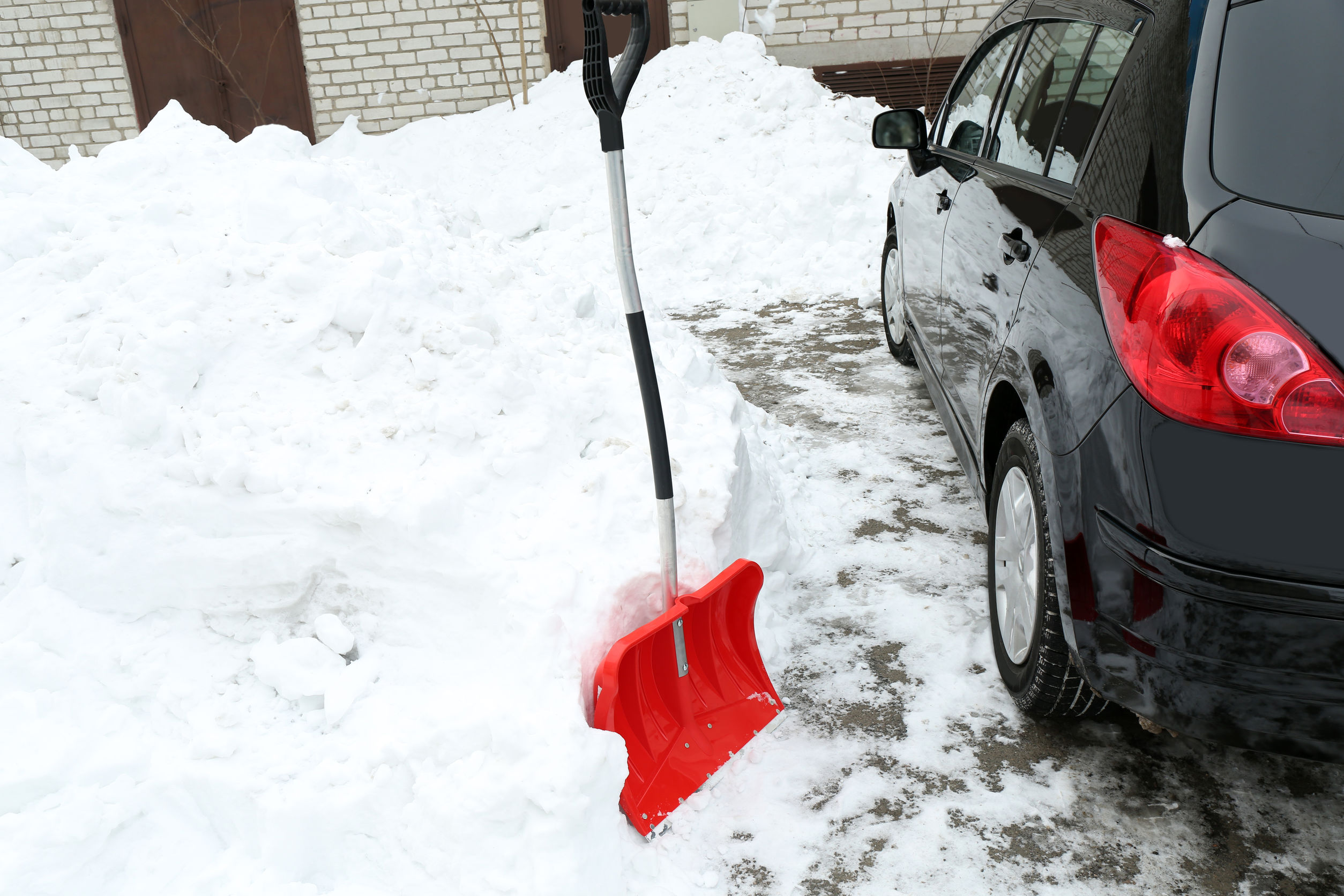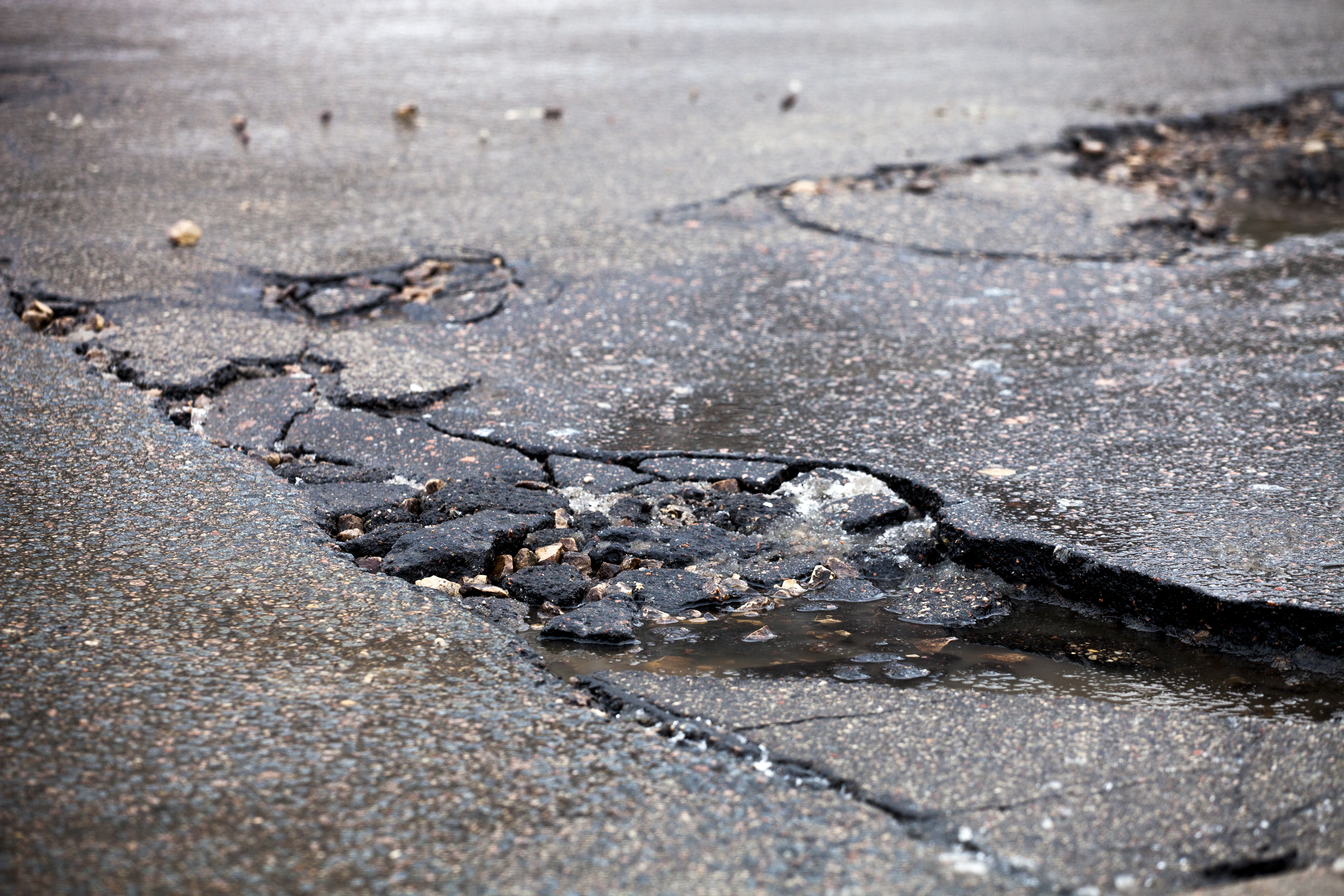Have you ever wondered why most government-sponsored road construction involves asphalt paving? The simple answer is that the material has a reputation of being one of the most durable solutions to building roadways to last and withstand daily use.
Even so, improper installation can sometimes thwart the best-laid plans, and the wear and tear of environmental conditions over time has an impact on even the toughest substances.
Mistakes Made in Asphalt Construction
Asphalt pavement can last a long time if proper steps are taken to prepare the space and correctly lay the materials.
During this process, a number of mistakes can be made that would affect the longevity of the road:
- The base underneath the pavement is not compacted appropriately.
- There is poor drainage to protect the surface from water exposure.
- The temperature of the asphalt is not compatible with the application.
- Compaction is overdone or underdone when the asphalt is laid.
Any combination of these scenarios would yield less than desirable results for the lifespan of a newly paved road. It’s important that the asphalt is installed and maintained properly to avoid premature deterioration when exposed to the elements.
Five Common Causes of Asphalt Pavement Damage
When you notice a pothole or cracking in asphalt pavement, it’s a clear sign of damage. Before you set out to fix the issue, it is important to determine the root of the problem. Understanding the true cause enables you to implement the appropriate maintenance and get the best return on investment. Here are five common culprits behind pavement damage.
1. Lack of Maintenance
Due to constant exposure and temperature fluctuations, it is normal for asphalt paving to crack over the years. Fortunately, many cracks can be caught and remedied with an annual checkup. An excellent maintenance routine includes crack sealing as well as pavement seal coating to deter water damage. We also recommend inspecting cracks once in the fall and again in the spring to monitor their condition.
2. Poor Subgrade Load-Bearing Ability
An ill-functioning subgrade is frequently known to result in pavement damage. This occurs when the soils underneath the base layer of asphalt are clay-based rather than stone. When you notice ruts forming in your parking lot or street after a round of rain, it may be a sign the subgrade is unable to support weight.
3. Deteriorating Paver Seams
Paver seams, or joints, naturally begin to break down and separate as asphalt ages. Damage and cracking are often brought on faster than expected, however, because of several issues that occur during construction. These include:
- Cooler temperatures at installation
- Scale of paving equipment
Unfortunately, even a routine paving job can go awry due to variables outside of a contractor’s control. Factors such as traffic delays and unusually long lines at the asphalt plant may make it impossible to pour hot seams at each pass.
4. Inadequate Pavement Thickness
Another cause of asphalt damage is pavement thickness. Surface asphalt must be at least two inches thick in order to stand up to moisture and heavy traffic. If it is too thin or improperly installed, pavement is left prone to extensive cracking.
5. Problems With the Base Layer
A load-bearing base is essential in promoting and extending the life of asphalt. If the base layer is too shallow, does not support weight, or was botched at the time of installation, it can make the pavement above prone to potholes. A solid base is comprised of six inches of stone and two inches of binder asphalt.
Typical Signs of Asphalt Pavement Deterioration
It’s completely natural for asphalt paving to weaken over time. Sunlight, rainwater, and the chemicals associated with vehicles that use the roadway all compound to break down the binding agent within the material and allow penetration of moisture, both from the surface and beneath the road. In just a few years, visible decline in the condition of the pavement can occur, especially when it has not been well cared for as smaller issues arise.
- Distortion of the roadway – Occurs with poor construction, which creates ruts and depressions, among other issues, in the foundation and the surface.
- Cracking of the asphalt – Can happen both due to installation errors as well as natural and man-made erosion, including the yearly freezing and thawing of the material.
- Disintegration, such as potholes – Develops due to exposure to water, as well as spills of oil and gasoline onto the road by passing vehicles.
When Should You Sealcoat or Repave Your Asphalt Driveway?
It’s natural to be concerned when your driveway is showing ruts and cracks – especially if it leads to your place of business and it can affect how customers feel about coming to you. You’re probably thinking about whether you should consider sealcoating your deteriorating driveway or if it’s time for an asphalt paving job.
What’s the Best Way To Repair a Weathered Driveway?
Although sealcoating can be an easy fix, repeated applications can cause the driveway surface to look like cracked pottery glazing. This condition is called alligatoring and gets its name from its resemblance to an alligator hide. In its more severe form, the cracks can reach down into the pavement and it’s time to repave the driveway.
When you can insert a butter knife into the cracks, you need repaving. If the cracks are limited to the surface, however, the effect may only be cosmetic and the underlying pavement could be undamaged. In this case, sealcoat is an option, but if your driveway is an important part of your property or if it brings customers to your place of business, you should consider asphalt paving instead.
When Choosing Between Asphalt Paving and Sealcoating:
- Don’t be swayed by drive-by contractors who promise low-cost services.
- Schedule an inspection with an experienced and reputable professional.
- Time is a factor. If your driveway leads to your place of business, you need to be sure the work is completed on schedule so there is minimal interruption.
- Hire a professional who will be receptive to any issues that arise after the job is completed.
- Consider your driveway’s drainage mechanics. Improper drainage can send rainfall toward spots where damage can occur.
- A cosmetics-only approach can be an option if you’re comfortable with scheduling further maintenance later.
Solutions for Proper Installation and Repair
It is imperative to properly seal asphalt pavement within months of its installation to avoid major deterioration that shortens the expected lifetime of the road. Before sealant can be considered, however, the initial preparations of the ground and construction of the pavement surface must be handled with care by experienced professionals.
Contact us today to let All County Construction handle any asphalt paving and repair needs, so you can be sure the job is done right.
Don’t Let Things Get Worse – Get a Professional Estimate Instead
One of our experienced professionals can visit your location to provide a free estimate. An inspection and an informative consultation with one of our driveway experts will help you to decide when to use sealcoating or asphalt paving to restore your driveway.




